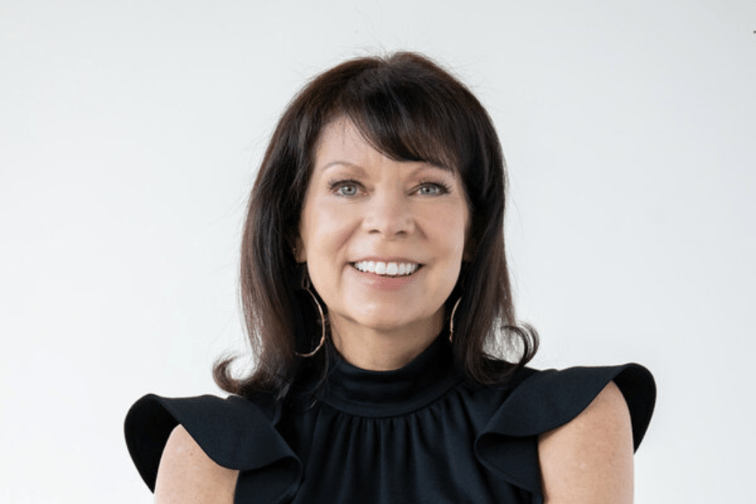

PCF Insurance Services (PCF) is at a “moment of convergence” after investing heavily in data and technology capabilities last year.
The independent commercial insurance brokerage, one of the fastest growing in the US, is ready to fuel its organic growth while continuing to focus on strategic acquisitions and partnerships.
“I feel like we spent the past 12 months working for our data,” said Jenni Lee Crocker, newly appointed president of PCF. Prior to assuming the top role, she served as senior vice president of growth & operations.
“We were working to put the stepping-stones in place, and 2023 is the year where we reap the rewards. Now that we have the data working for us, organic growth can really start,” Crocker told Insurance Business.
In February, PCF announced it had secured a $500-million preferred equity investment, which CEO Peter C. Foy called a “significant milestone” for the company. At the time of investment, the Utah-based broker was valued at $4.7 billion.
The funding will be used to propel a two-pronged growth approach for PCF: strategic acquisitions paired with organic growth.
“We're going to find the partnerships that align with our core business. [At the same time], we want to fuel organic growth,” Crocker said.
Crocker is among a slew of high-level appointments at PCF this month. Peter Nettesheim was appointed to the newly created role of senior vice president of data & technology, while Brandon Gray was named vice president of treasury. Jeff Hutchins was promoted to senior vice president of human resources.
The appointments are meant to support PCF’s initiatives this year as it pursues the next stage of growth.
Mergers and acquisitions (M&As) are one of the top ways PCF plans to grow. Though the fast-growing brokerage completed a significant number of deals last year, Crocker said values and strategy would continue to dictate the pace of its acquisitions in 2023.
“We saw a fast clip of M&As in 2022 where almost 100 partnerships were brought under PCF’s umbrella,” Crocker said. “We're not trying to race to the same number [of acquisitions as 2022]. We’re getting to the right core business agencies that align with PCF.”
At the same time, PCF’s president highlighted the importance of broadening the firm’s data and technology investments to support this growth.
“The parallel path running beside [M&As] was our investment in technology. We have always had the capabilities, but getting them organized was key, such that we could get all our trucking agencies from different states and put them together in a practice,” Crocker told Insurance Business.
“Not only is the knowledge shared, but also the carriers appreciate the way that we are converging. It's more carrier-friendly to have that alignment.
“That way, carriers not only create better programmes for us, but they know what to expect, whether our loss ratios are under control or the risk management we apply based on industry has specificity.”
Crocker also said that PCF will lean into its industry practice groups to fuel organic growth this year. Its top performers are in transportation, trucking, construction, real estate, agriculture, and ranch insurance.
PCF is also looking into creating more MGA programs for its agency partners to “give them specificity in the industry.”
“That doesn't mean we’re going to neglect looking at any other industries, but you lean in heavy at what you're good at,” said Crocker.
PCF posted $470 million revenue in its property and casualty business in 2022, a year-on-year increase of 167% from $176 million in 2021. Over a three-year period, it reported a 3,830% growth in revenue.
What do you make of PCF’s strategy for growth? Share your thoughts below
